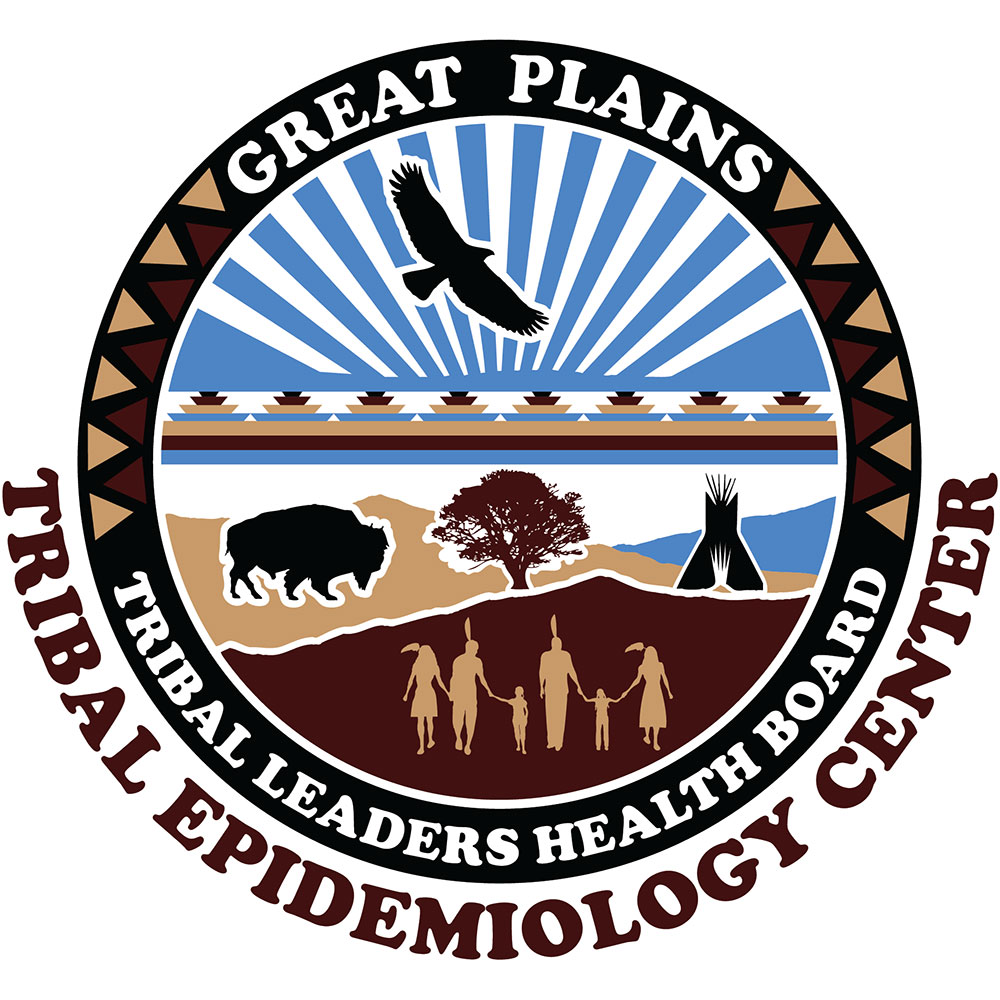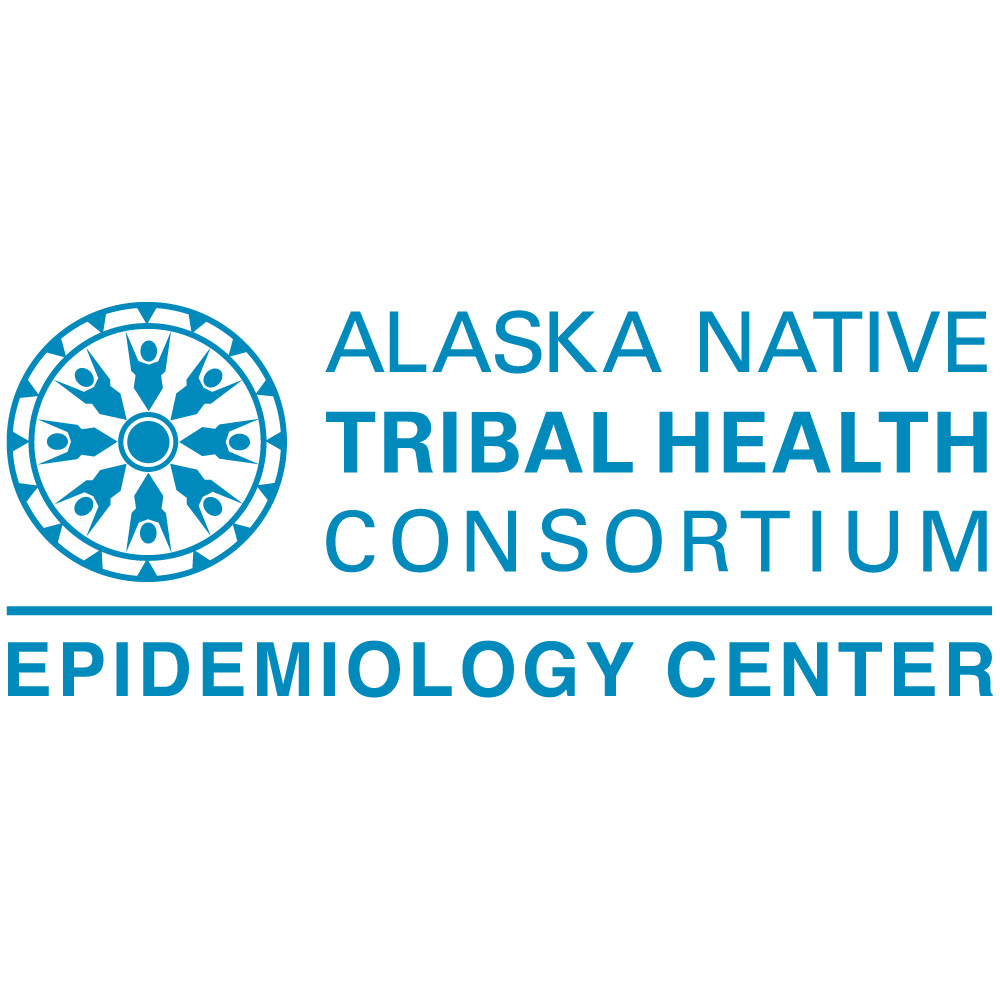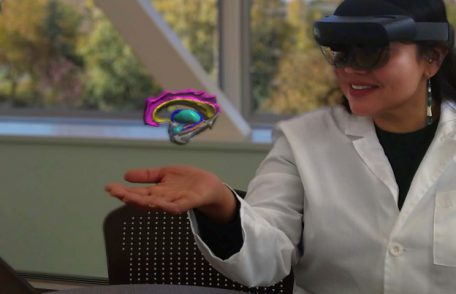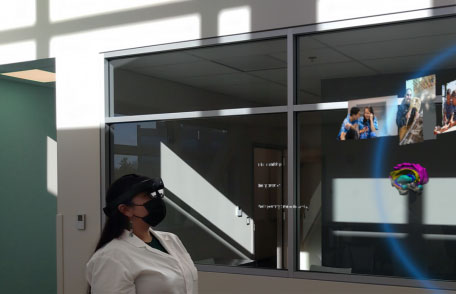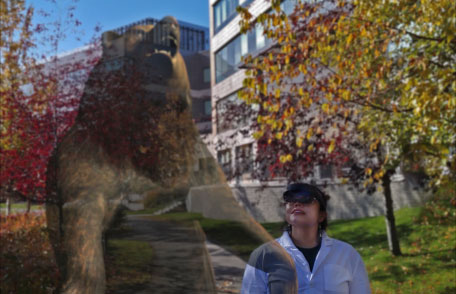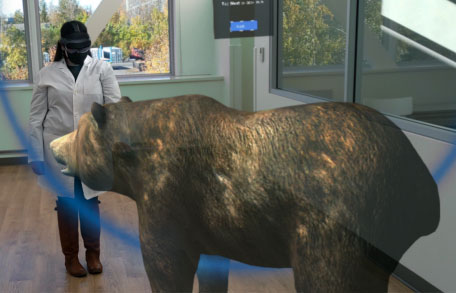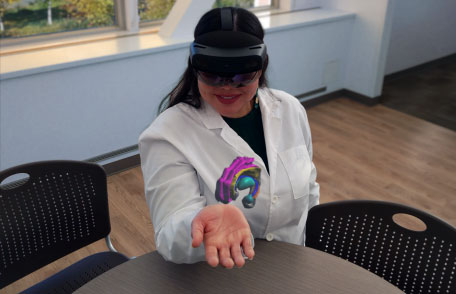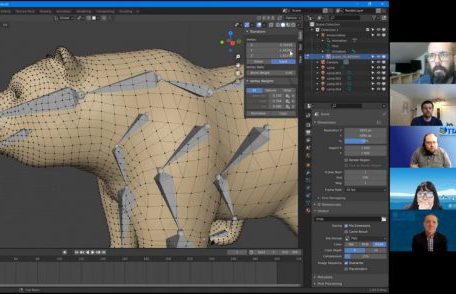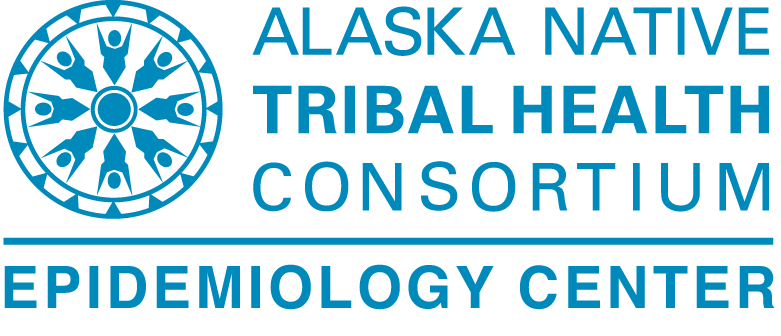CDC-RFA-DP22-2201 Tribal Practices for Wellness in Indian Country (TPWIC) is a cooperative agreement Notice of Funding Opportunity (NOFO) supported by the Centers for Disease Control and Prevention (CDC).
Approximately $4 million is available for annual funding. CDC anticipates making up to 30 awards with an average one-year award amount of $100,000 – $150,000, subject to availability of funding. The cooperative agreement’s period of performance is from June 30, 2022 – June 29, 2027, pending continued funding.
This NOFO offers support for the implementation of tribal practices and cultural traditions to build resiliency and connections to community and culture to improve physical, mental, emotional, and spiritual health and wellbeing within AI/AN communities. This approach will include implementation of tribal wellness practices that were identified by tribal health leaders who were convened by CDC in 2016 and lessons learned from the previous cooperative agreement, Tribal Practices for Wellness in Indian Country (CDC-RFA-DP18-1812PPHF18). Consideration of social determinants of health will guide evaluation for this NOFO, which will focus on how program strategies lead to increased perception of cultural connectedness among participants, increased traditional physical activity, increased healthy traditional foods in diets, and increased participant perception of social/emotional wellbeing.
Deadline for Applications: March 16, 2022 by 11:59 p.m. ET
View Grant Opportunity
